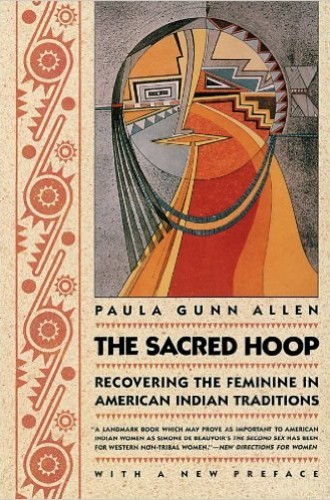The feminine and the land
Theologies of entitlement, enslaving, and extinguishing indigenous communities have shaped policy since the 15th century.
This summer I was struck by two events. The first was Spencer Tunick’s July photo shoot “Everything She Says Means Everything.” Tunick’s photographs—which portray 100 naked women holding up large mirror disks outside of the Republican National Convention—are a commentary on the meaning of women’s bodies in our society. He wrote that this particular work “is for my daughters, for their future, for them not to grow up in a society with hate, for them to grow up in a world with less violence toward women and more opportunities for them,” further noting that the female body “may be the most controversial subject in this presidential election.”
The second was learning about the Doctrine of Discovery, a philosophical framework that gives “Christian governments” legal rights over indigenous lands and permission to dominate indigenous people. From the 15th century to the present time, the Doctrine of Discovery has shaped policy through theologies of entitlement, enslaving and extinguishing indigenous communities throughout “the Americas.”
To help me sit with the grief of these realities—that women’s bodies are controversial in a land that continues to be raped by the greedy with little protest from the rest of us—I pulled off the shelf Paula Gunn Allen’s The Sacred Hoop: Recovering the Feminine in American Indian Traditions and reread the introduction.
The last time I’d read from this book was over 20 years ago, in my first women’s studies class in college. At that time, I was more focused on Allen’s theorizing of Native literature than on the political implications of that theorizing. Today I am distraught by the depths to which the dominant culture truly dominates us as I read Allen’s assertion that “the physical and cultural genocide of American Indian tribes is and was mostly about patriarchal fear of gynocracy.”
We may elect the nation’s first female president this autumn, but Allen reminds us that even if we cross such a barrier, our democracy is still a far cry from walking in balance—the ethos of this land before the rise of our republic.
Read all of the responses to "A book I'd like my elected officials to read" here.






